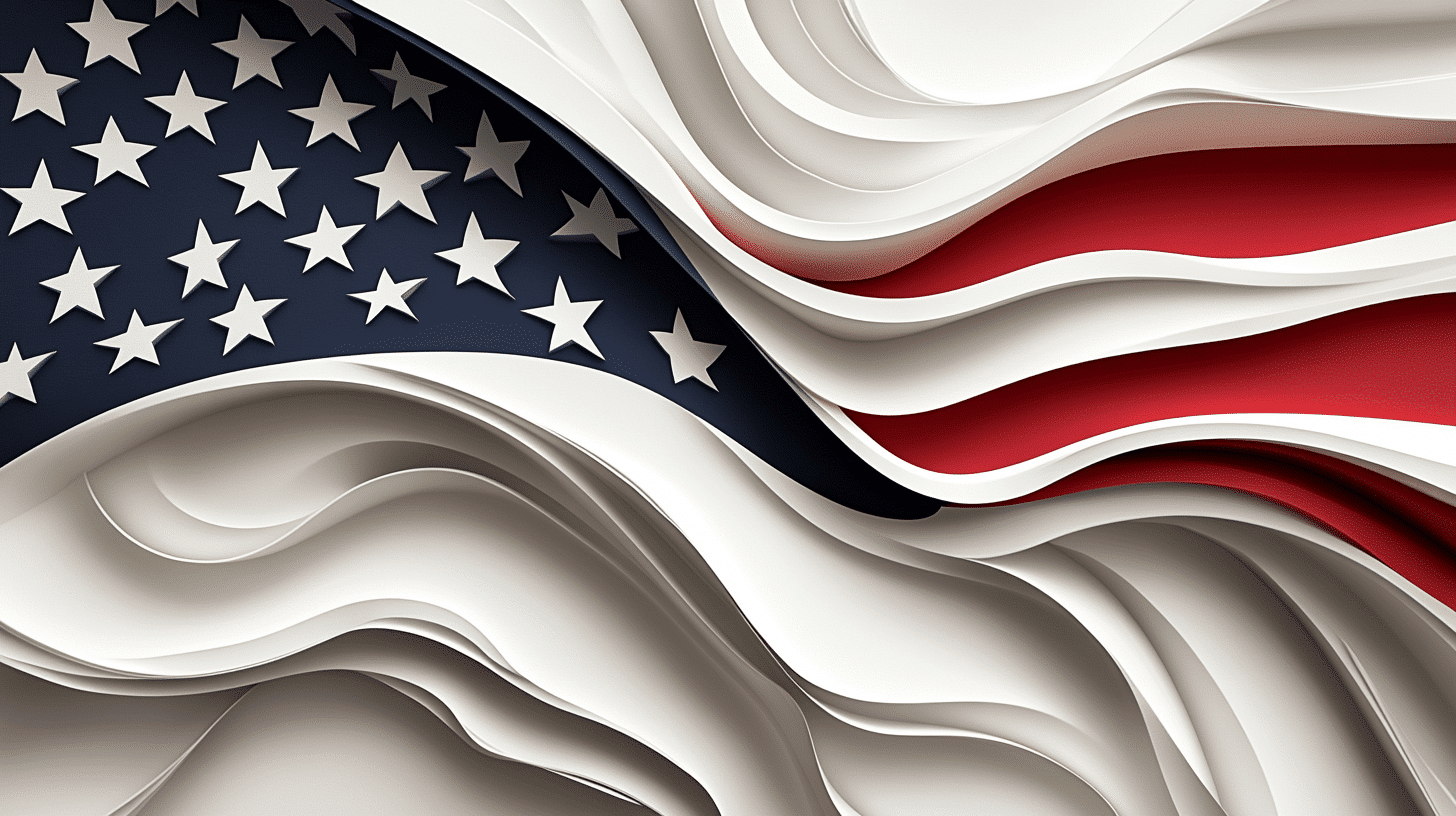What is National Clown Day?
In the United States, National Clown Day is celebrated annually on the first Saturday of August, during International Clown Week, which runs from August 1st to August 7th. This day honors clowns and their contributions to spreading joy and laughter. It recognizes the hard work and talent of clowns who entertain people in various settings, from circuses to hospitals.
History and Origin
National Clown Day was established as part of International Clown Week, which was signed into law by President Richard Nixon on August 2, 1971. The proclamation aimed to recognize the positive impact clowns have on society. Clown organizations and enthusiasts across the country celebrate this day with special performances, parades, and events, highlighting the art of clowning and its significance in entertainment and therapy.
Who Celebrates National Clown Day?
- Professional Clowns: Performers celebrate by showcasing their skills in various events, bringing smiles to audiences of all ages. They often participate in community events, parades, and charity functions.
- Families and Children: Families take their children to see clown performances, enjoying the fun and laughter together. It’s a day for kids to meet clowns and experience their playful antics up close.
- Hospitals and Care Centers: Clowns who work in therapeutic settings visit hospitals and care centers, bringing joy and comfort to patients through their performances.
- Circus and Entertainment Venues: Circuses and entertainment venues often hold special shows featuring clowns, highlighting their crucial role in the performing arts.
- Community Groups: Local community organizations host events and activities, such as clown workshops, face painting, and balloon art, to celebrate the day.
Slogans and Themes
Themes for National Clown Day typically focus on joy, laughter, and the art of clowning. Common slogans include “Spreading Smiles,” “Clowning Around,” and “Joy in Every Juggle.” These themes emphasize the positive impact clowns have on their audiences and the importance of their craft in bringing happiness to people.
Colors, Symbols, and Patterns
Colors
- Red: Symbolizes the vibrant energy and excitement of clowns.
- Yellow: Represents happiness and positivity, common traits of clown performances.
- White: Reflects the traditional clown makeup base, highlighting their iconic appearance.
Symbols
- Clown Face: The most recognizable symbol of a clown, with exaggerated features and colorful makeup.
- Balloon Animals: Represent the creativity and playfulness of clowns, often used in performances.
- Big Shoes: Iconic part of a clown’s costume, symbolizing their humorous and exaggerated persona.
Patterns
- Polka Dots: Reflect the playful and whimsical nature of clowns, commonly seen in their costumes.
- Stripes: Often used in clown attire, adding to the colorful and vibrant appearance.
- Smiley Faces: Represent the joy and laughter that clowns bring to their audiences.
Most Used Hashtags
- #NationalClownDay
- #ClowningAround
- #SpreadJoy
- #ClownLife
- #CelebrateClowns
How to Celebrate
Celebrating National Clown Day can involve various fun and engaging activities:
- Attend a Clown Performance: Visit a local circus or community event to see clowns in action. Enjoy their jokes, tricks, and performances that bring laughter to the audience.
- Host a Clown-Themed Party: Organize a party with clown decorations, games, and activities. Invite a local clown to entertain guests and teach basic clowning skills.
- Volunteer with Clowns: Join clowns in visiting hospitals, nursing homes, and schools to spread joy and laughter. Participate in community service projects led by clown organizations.
- Learn Clowning Skills: Take a workshop or class to learn about the art of clowning. Try your hand at juggling, face painting, or making balloon animals.
- Share on Social Media: Use popular hashtags to share photos, videos, and stories about your experiences with clowns. Promote the positive impact of clowns and encourage others to celebrate.
Importance of National Clown Day
National Clown Day highlights the significant role clowns play in bringing joy and laughter to people’s lives. It recognizes their contributions to entertainment, therapy, and community building. By celebrating this day, we honor the artistry and dedication of clowns, promoting the benefits of humor and encouraging a greater appreciation for their work. Clowns have a unique ability to lift spirits and create memorable experiences, making National Clown Day an important celebration of happiness and creativity.
First Saturday of August: Clown Day (United States)
Articles
- Five Weekly Habits of Happy Relationships That Are Often Overlooked
- Understanding Society: Structure, Culture, and Social Interaction
Days
- Last Saturday of January: Seed Swap Day (United States)
- Third Saturday of January: Tulip Day (Netherlands)
- Third Saturday in January: Use Your Gift Card Day (United States)
- February 3: American Painters Day
- January 31: Seed Swap Day
- January / February: Tết Nguyên Đán (Vietnam)
Why do you keep falling for the same type?
Read the article Lovemaps: the hidden blueprint of our love.
Did you not find what you were looking for? Let me help you find more.

